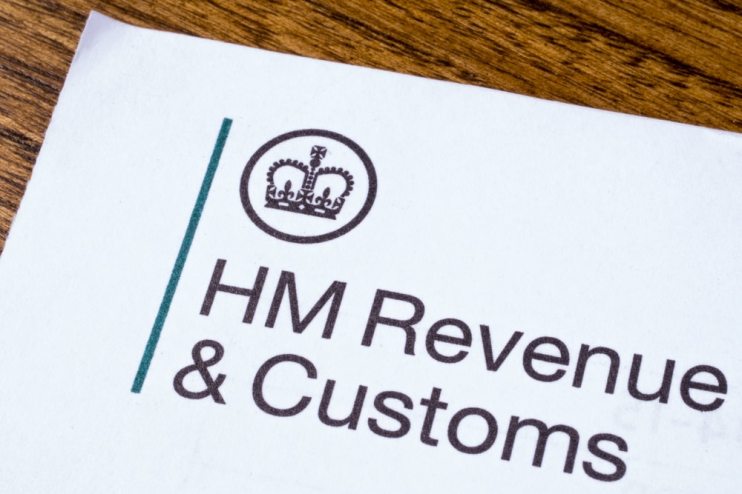Delinquent tax balloons to £38bn as HMRC walks ‘fine line’ to avoid mass insolvencies

Unpaid tax has ballooned by 10 per cent to almost £38bn in the last three months of the year, but HMRC is concerned about triggering a wave of insolvencies.
HMRC denied claims it is ramping up its debt collection, as it comes under increasing pressure to chase up delinquent payers in a time of economic hardship.
New figures highlighted by Pinsent Masons show there has been a steep rise, after HMRC appeared to stop most debt-collection in the heat of the pandemic.
In addition to the level of unpaid debt rising from £34.3bn to £37.8bn, there is a further £9.1bn owed through agreements like ‘Time to Pay’.
According to Pinsent Masons the overdue cash is now subject immediate debt collection procedures, despite inflation skyrocketing and interest rates being raised recently, making repayment on borrowing even harder.
HMRC can shut down businesses to settle their tax debts through winding-up petitions’, now asking courts to close firms down who refuse to cough up cash.
An HMRC spokesperson said: “We take a supportive approach to dealing with customers who have tax debts, and do everything we can to help those who engage with us to get out of debt, such as offering instalment plans.”
They added that its overall stance is to encourage people to pay in full and on time, and it does offer short-term help to those in difficulties – if firms engage.
The taxman also said there are payment plans, but for those who refuse to pay or don’t engage it has a ‘responsibility’ to take action, but it would only petition for insolvency as a ‘last resort.
According to legal director at Pinsent Masons, Abigail McGregor, HMRC has now opened 72,000 civil compliance checks in the second quarter of 202which is up of 22 per cent on the first quarter.
McGregor said HMRC today “flagging its concerns” about rising debt, but it “will need to find ways to recover these funds”.
She added despite it making “significant progress” post-pandemic, “the levels of managed debt still represents a much higher proportion of the overall debt burden than they did pre-pandemic.”
Andrew Robertson, a partner at Pinsent Masons added that rising debts were in part because “more businesses and individuals are struggling to pay their tax bills as other costs keep climbing.”
Saying HMRC “is in a difficult position”, he added there is a risk of “triggering a huge wave of business insolvencies” forcing the taxman to walk “an unenviably fine line”, between collection and enforcement.